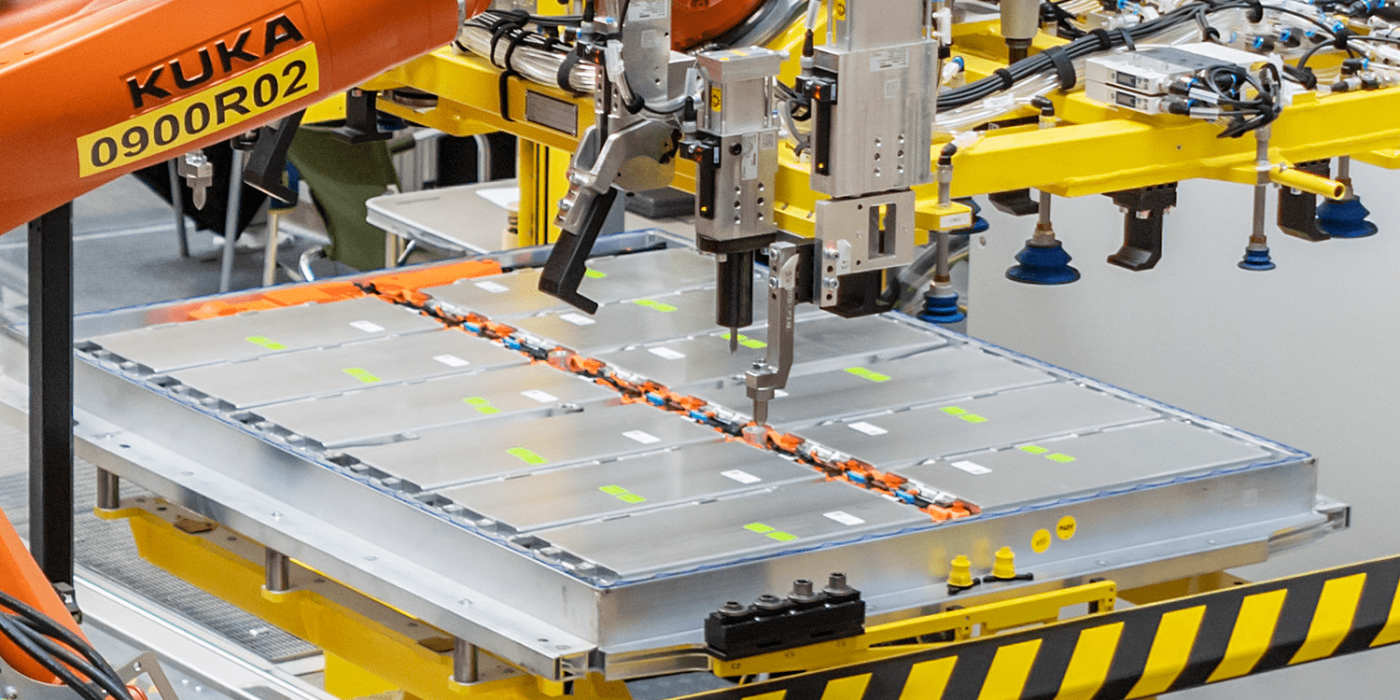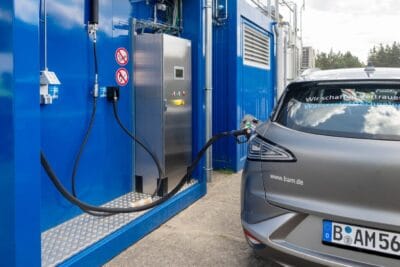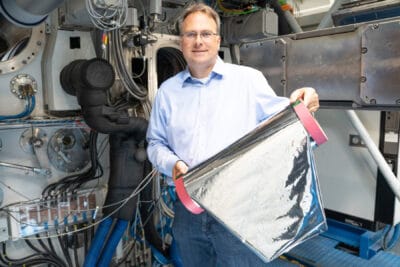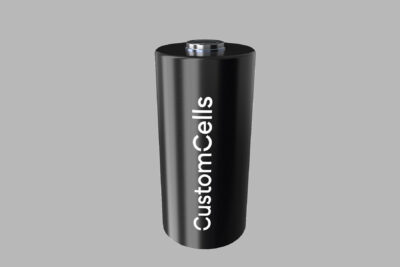MiKoBatt: PEM, PowerCo and Jagenberg research cell production
The Chair of Production Engineering of E-Mobility Components (PEM) at RWTH Aachen University has joined forces with Volkswagen’s battery subsidiary PowerCo and Jagenberg Converting Solutions in the “MiKoBatt” project funded by the German Federal Ministry of Education and Research (BMBF). The partners are researching the ecological, economical and sustainable production of battery cells in order to enable German and European manufacturers to gain commercial competitive advantages in the future.
Specifically, factory and machine concepts are to be developed that allow efficient battery cell production with the help of so-called microenvironments. Such mini-environments are intended to protect special materials from the negative influence of humidity or air, for example. The concept is intended to reduce the air space volumes to be conditioned in battery cell production compared to classic dry and clean rooms, as the PM explains.
Today, large parts of cell factories are huge clean rooms in which the air has to be kept dust-free and within a precisely defined window in terms of temperature and humidity with a great expenditure of energy. Battery manufacturing in principle requires a strictly controlled production atmosphere to ensure process stability and maximise quality, cycle life, storage capacity and production yield.
If the entire environment is not a large cleanroom, but only the material-carrying area of the production machines (i.e. the “mini-environments”), energy consumption can be reduced and thus operating costs saved “to a great extent”. In addition, the protection of the product and the employees can improve.
Interactions need to be studied more closely
These advantages exist, at least in theory. Within the framework of MiKoBatt, the partners now want to build up the necessary knowledge about product drying and quality management in order to “advance innovative, effective approaches to solutions in large-scale industrial production”. In order for the use of microenvironments to be able to reduce the still high operating costs in the future, issues such as the handling of sensitive materials, transport, storage of intermediate products and the optimal dew points for the products must be clarified, the statement says.
“In the project, PEM is primarily concerned with investigating the many interactions between the product and the environment with regard to air quality – for example, with a view to dryness and particle pollution,” explains PEM DIrector Professor Achim Kampker.





0 Comments